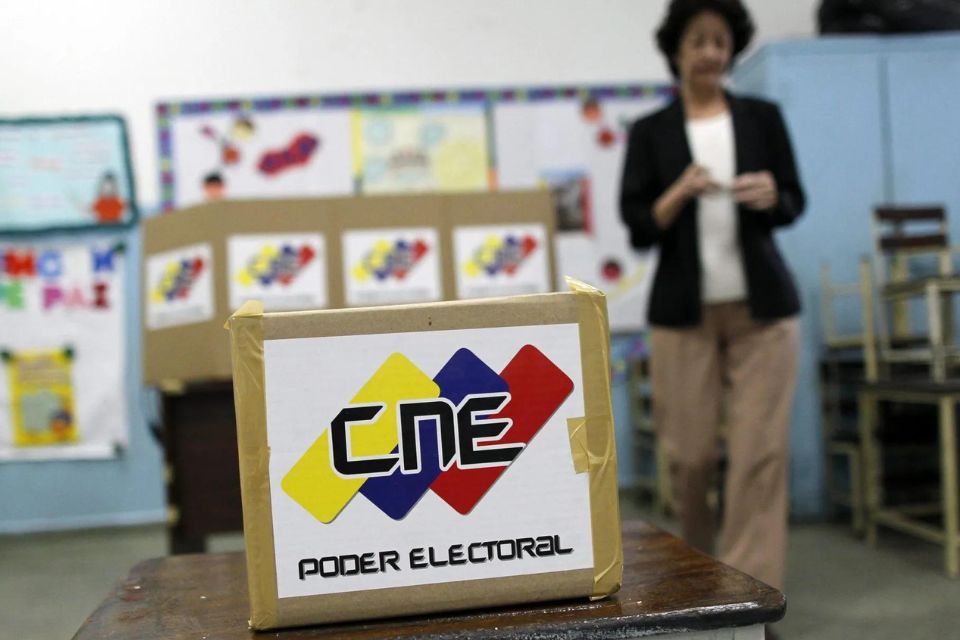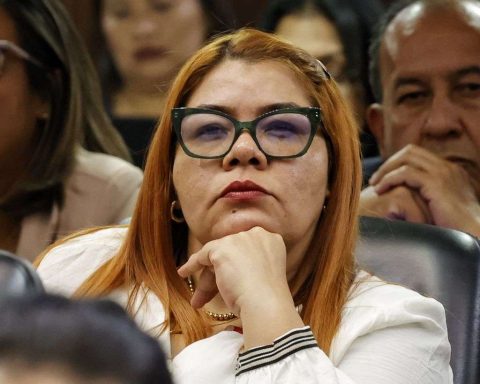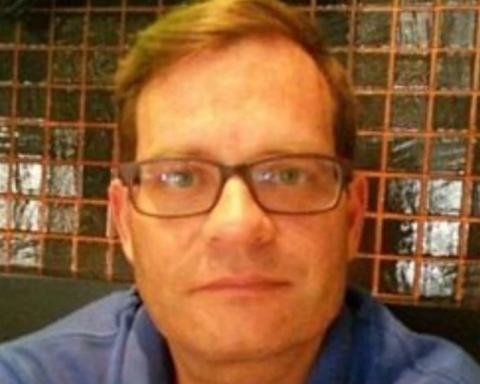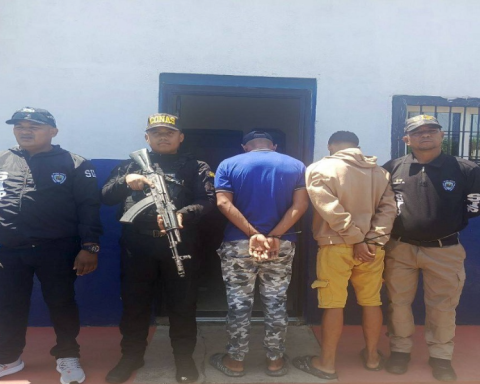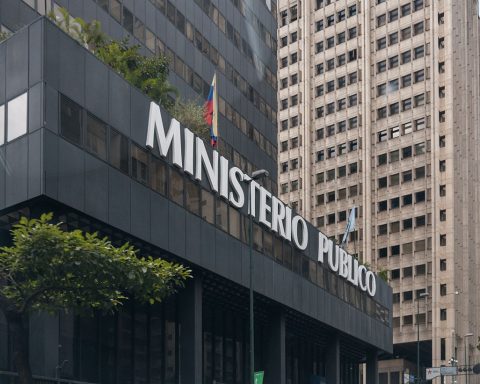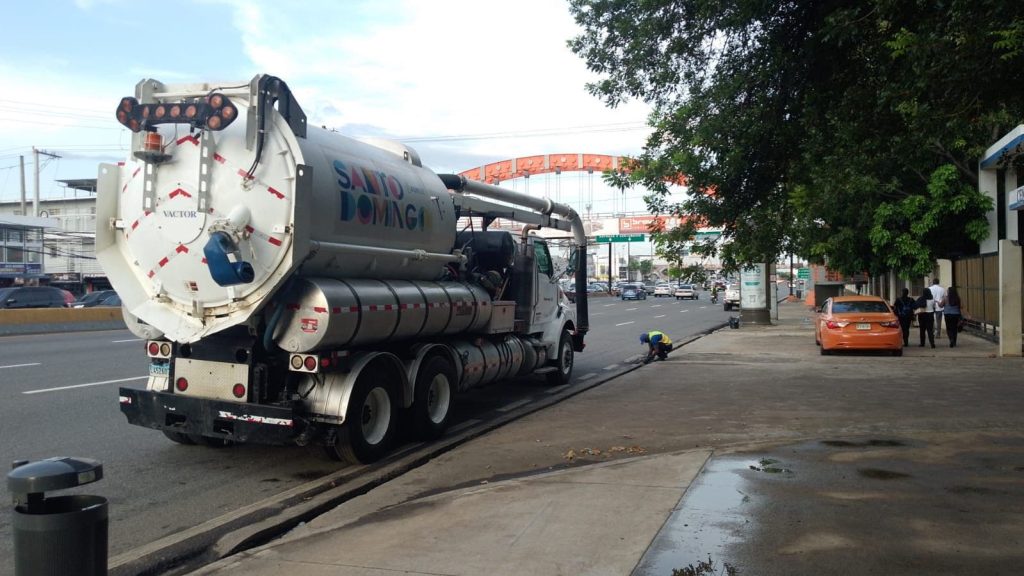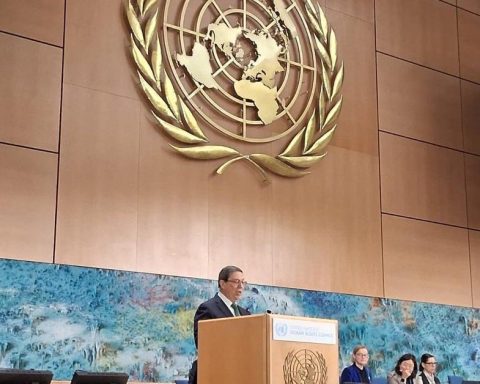According to the electoral schedule, the citizen verification audit is scheduled for August 2. But the CNE has not given details of whether, like the processes mentioned above, it will be delayed. The Venezuelan Electoral Observatory (OEV) points out that this audit is essential so that Venezuelans can corroborate that the results reflect the voting intention of the population.
The National Electoral Council (CNE) remains in debt to the citizens. The governing body not only has to issue the second bulletin of the presidential elections of July 28, but also owes the citizens the completion of the Telecommunications audit, which was scheduled for July 29.
According to Elvis Amoroso, president of the CNE, the electoral system was the target of a hacking attempt. He indicated that this was the reason the announcement of the first bulletin was delayed. Since then, the official has not given any further details. The organization’s website remains down, and Venezuelans are still unaware of the second bulletin, the status of the site’s recovery, and the telecommunications audit.
Regarding this process, electoral expert Eugenio Martínez told Efecto Cocuyo that it consists of verifying the transmission methods. “If there was a hack, the telecommunications audit was essential to be able to determine how that hack occurred,” he said.
The heads of the National Electoral Council (CNE) have not appeared before the public since Monday, July 29, when, without disclosing all the results of the elections, they proclaimed Nicolás Maduro as the winner of the presidential elections. The act took place simultaneously with citizen protests against the data announced by the president of the governing body, Elvis Amoroso, in the early hours of the morning, and in which the president was declared the winner.
*Read also: Center for Political Studies-UCAB rejects repression and asks for reliable records to be shown
On July 31, the government of North Macedonia issued a statement in which it denied the Maduro administration’s involvement. That country denied having been involved in the alleged computer sabotage of the governing body’s electoral machines.
«In connection with the announcements of alleged statements by the Venezuelan authorities that during the elections there were alleged DDOS cyber attacks by users of Macedonian IP addresses, the Ministry of the Interior informs the public that the Department of Cybercrime is following the evolution of the alleged accusations against Macedonian citizens and we also declare that so far, the Venezuelan authorities have not received any requests or information on the above, in order to carry out further checks on our part», the Executive of the European country said in a statement shared by a local newspaper.
The prosecutor appointed by the defunct constituent assembly, Tarek William Saab, announced last Monday, July 29, an investigation into a “computer attack against the CNE’s data transmission system” on Sunday from North Macedonia. He accused opposition leader María Corina Machado, Leopoldo López and Lester Toledo as the main suspects in the hacking.
Citizen verification audit
According to the electoral schedule, the citizen verification audit is scheduled for August 2. But the CNE has not provided details on whether, like the processes mentioned above, it will be delayed.
The Venezuelan Electoral Observatory (OEV) points out that this audit is essential for Venezuelans to be able to corroborate that the results reflect the voting intention of the population. “This is a legally authorized instrument to guarantee the transparency of the electoral process,” it says. SuchWhichIgnacio Avalos, director of the non-governmental organization.
He stressed that this process is decisive in this moment given the discrepancy and controversy that has been unleashed after the bulletin announced by Elvis Amoroso, after 12:20 in the morning on Monday, July 29.
According to the Organic Law of Electoral Processes (Lopre), audits are applied to all or some of the phases. So far, only three of 16 audits have been carried out: the audit of the Sioes software, the audit of the voting machines and the audit of the Electoral Registry..
This is not the first time that the CNE has failed to comply with the schedule. On March 20, it was learned that the governing body had brought forward the date on which the admission or rejection phase of applications was to take place. At that time, the agency set March 21 and 25 for the process, despite the fact that in the schedule it published at the beginning of that month, the phase was scheduled between March 28 and April 1.
In the middle of that same month, the CNE postponed the audit of the database of eligible voters to the bodies subordinate to the entity, that is, members of the tables and regional boards, among others.
According to the electoral schedule, the audit was scheduled for Friday, March 15 and would only be for one day, but it was carried out on the 18th of that same month.
Post Views: 70
